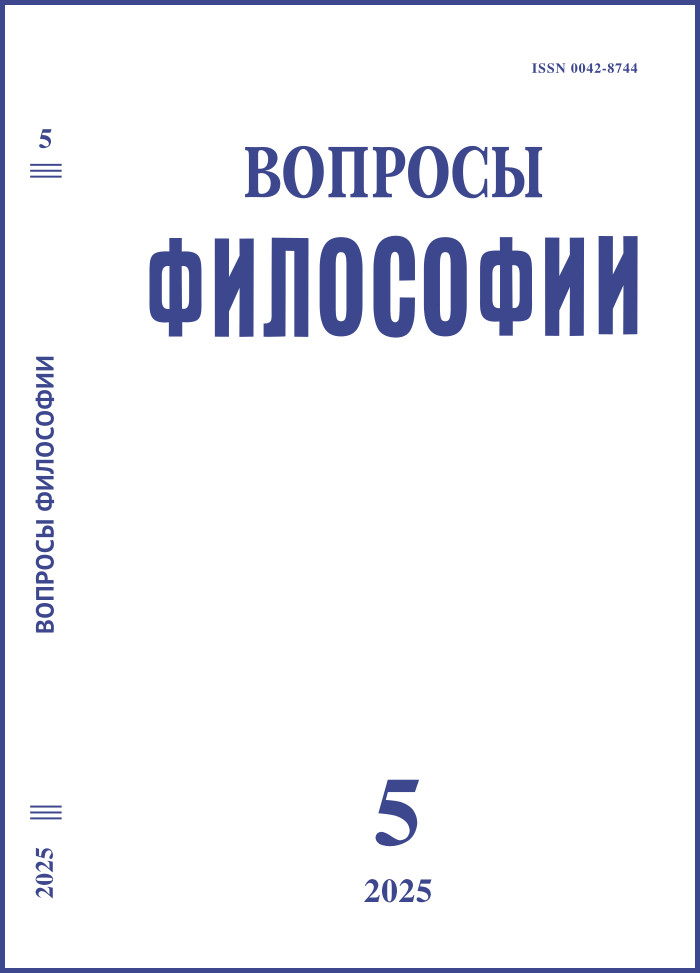Theology of the Political: Augustine’s Demotion of Politics
DOI:
https://doi.org/10.21146/0042-8744-2025-5-70-83Keywords:
political, politics, theology, Heavenly City, Earthly City, church, state, AugustineAbstract
The subject of the article is the ontological foundations of the political doctrine of Aurelius Augustine. His concept of the confrontation of the Two Cities, the Heavenly and the Earthly, sets a new understanding of politics in relation to antiquity and fits the political process into the framework of Christian sacred history. By analyzing the nature and genesis of the Two Cities, the article shows the process of Augustine’s formation of a new paradigm of the relationship between the Earthly and the Heavenly, which determines the relationship between church and state. The article concerns the relationship of the Two Cities to each other, on the one hand, and the relationship of the Heavenly and Earthly Cities to the church and the state, on the other. It is concluded that it is incorrect to identify the City of God with the church, and the Earthly City with the state. In this age, the Cities are mutually mixed, therefore, there are apostates in the church, and the righteous in the state. From Augustine’s point of view, the state was created not for sins (the early Church), but because of sin, in order to create acceptable conditions for achieving the main goal of salvation. It is shown that with the help of Augustine’s rethinking of the place of the political sphere in a religiously understood reality, the highest goal of which is the contemplation of God, its status decreases, and the political dissolves into the theological. Politics, from the highest sphere of activity, as it was in the ancient world, for many centuries turns into a necessary, but temporary and independent palliative, into a means of approaching a higher and truer goal.

